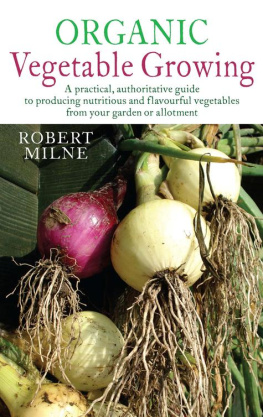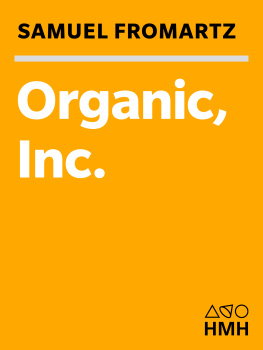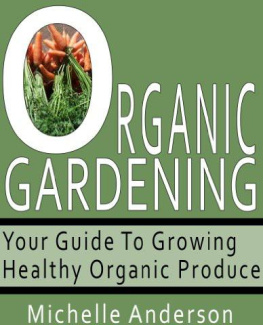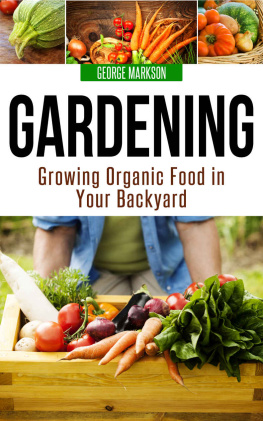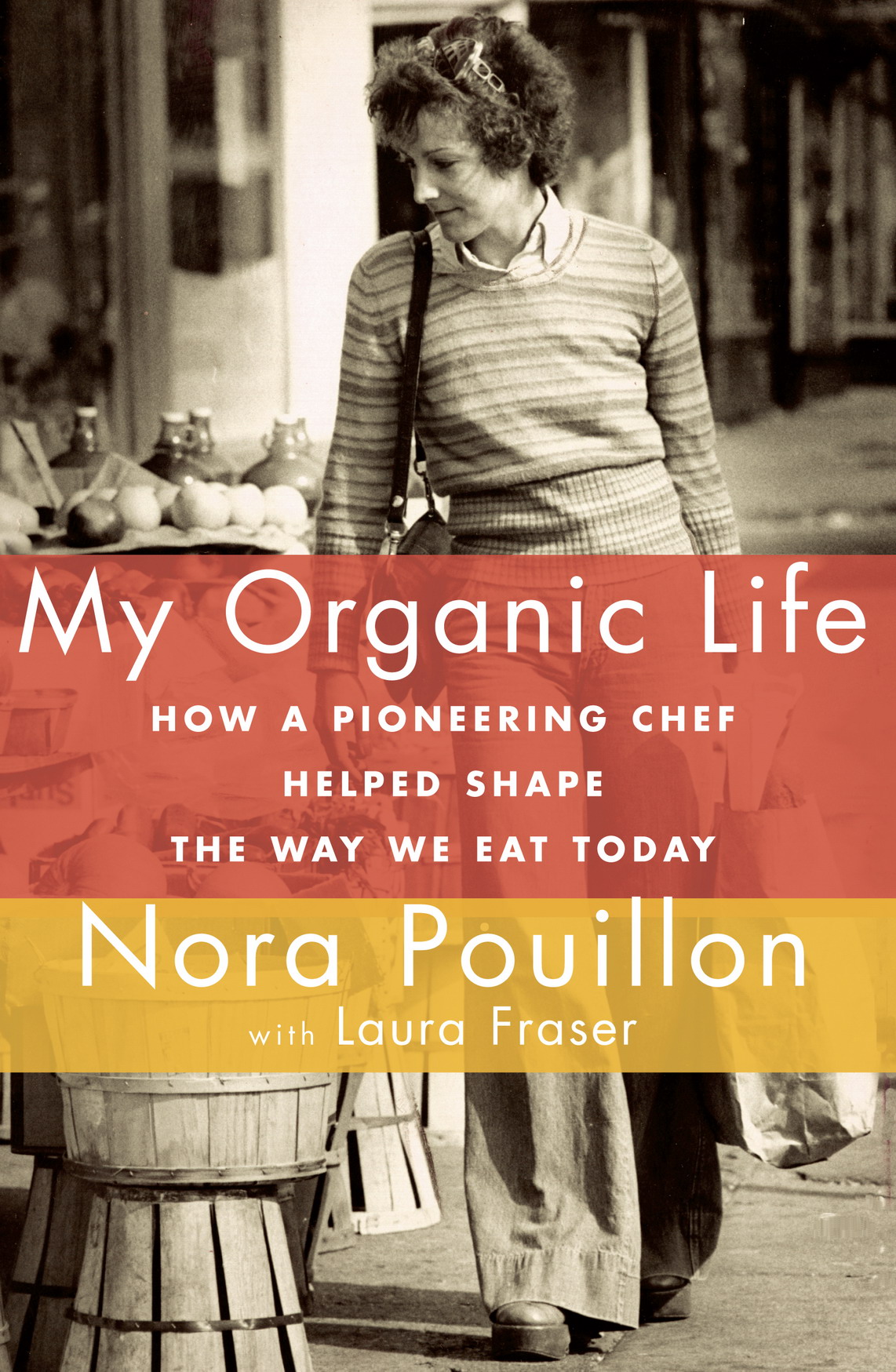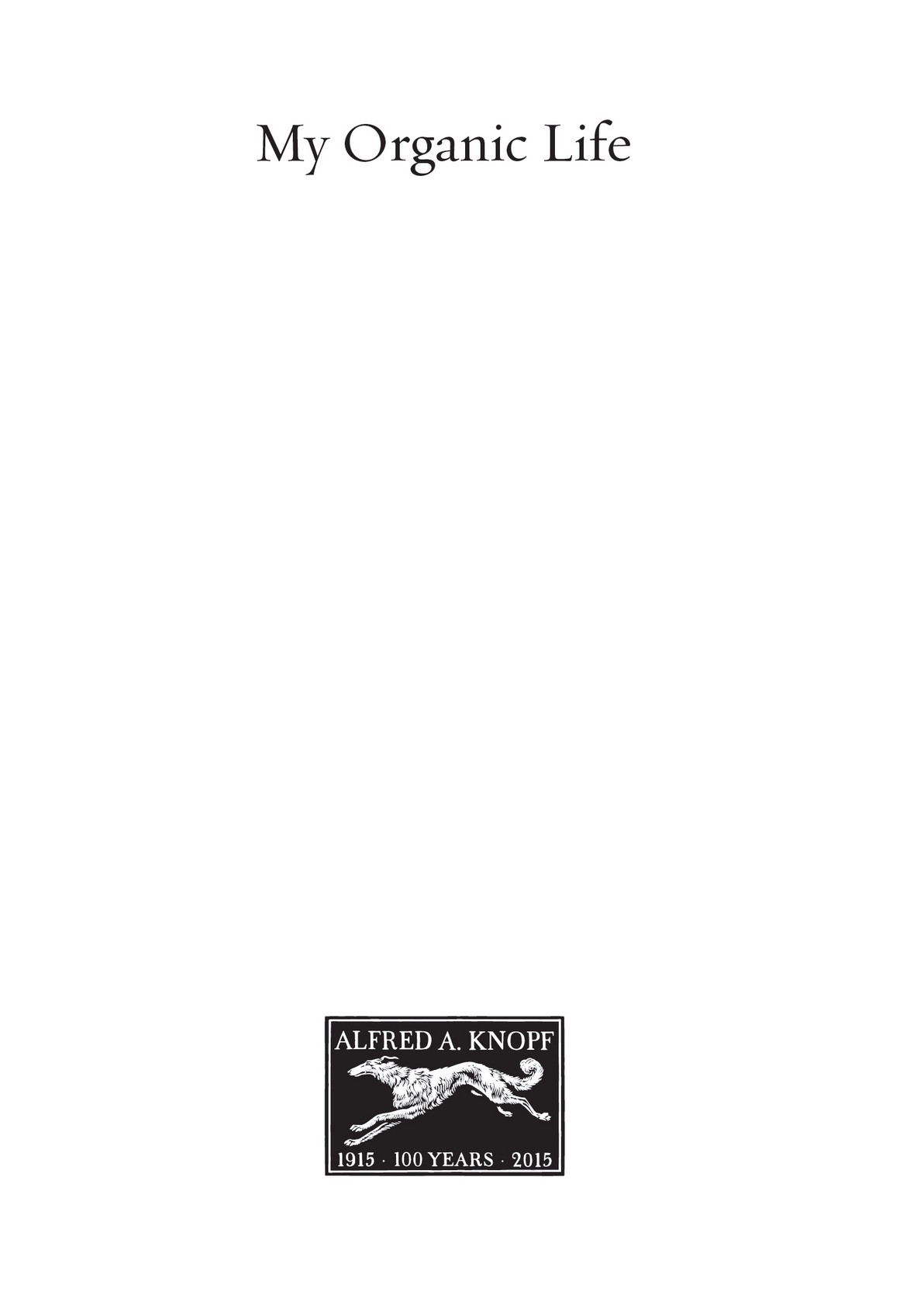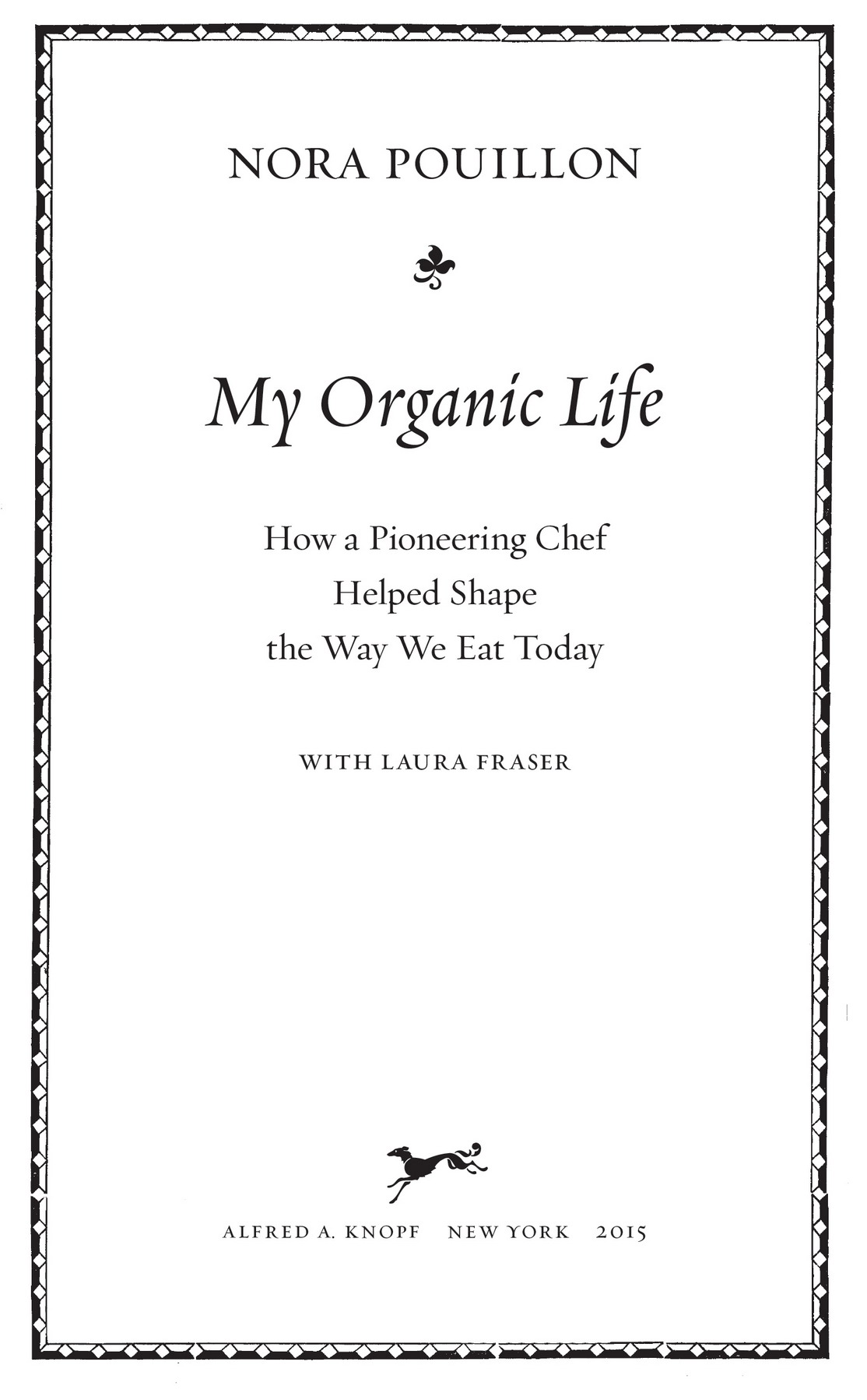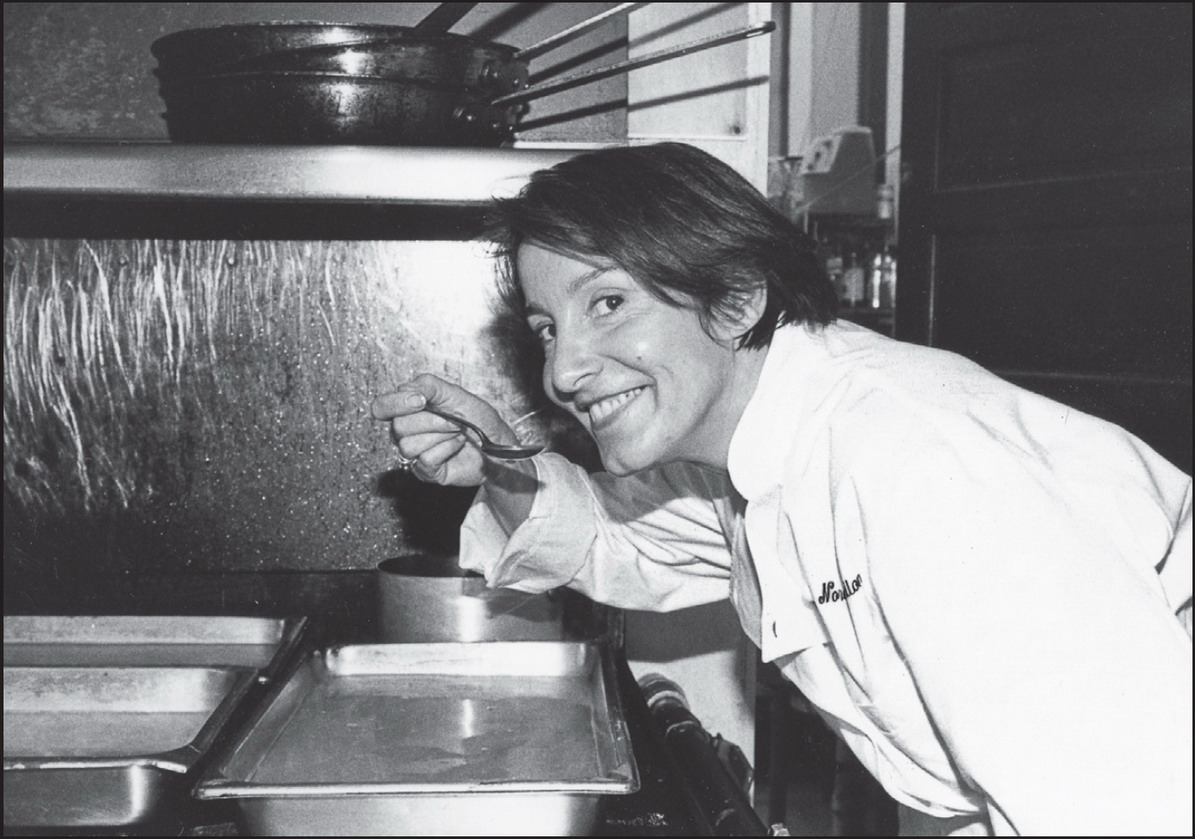PUBLISHED BY ALFRED A. KNOPF
All rights reserved.
Published in the United States by Alfred A. Knopf, a division of Penguin Random House LLC, New York, and in Canada by Random House of Canada, a division of Penguin Random House Ltd., Toronto.
Knopf, Borzoi Books, and the colophon are registered trademarks of Penguin Random House LLC.
Pouillon, Nora, author.
My organic life : how a pioneering chef helped shape the way we eat today / Nora Pouillon.First edition.
1. Pouillon, Nora. 2. Women cooksUnited StatesBiography.
3. CooksUnited StatesBiography. 4. Cooking (Natural foods)
5. Organic living. I. Title.
Photograph by Adam Barnes. All other photographs courtesy of the author.
Amuse Bouche
Over the past thirty years at Restaurant Nora, as Ive made the rounds in the dining room, countless people have asked me, Why do you care so much about organic food? They want to know why I am so passionate about this subject that I was driven to create the worlds first entirely organic restaurant, where everythingfrom the produce and meat to the oil, salt, and coffeeis certified organic.
The quick answer is simply health: organic food is better for our bodies and our environment.
The longer answer begins with a side of beef.
In the early 1970s, not long after I had moved to Washington, D.C., from my native Austria with my French husband, Pierre, we began entertaining a lot. We didnt have much money to go out to restaurants, so I started giving dinner parties. These turned into catering jobs and then small cooking classes in my home.
It wasnt long before I realized that I needed to buy meat wholesale rather than retail in order to make my catering and classes profitable. So I looked up beef in the Yellow Pages and found some ads for sides of beef, which could be stored for me in a freezer locker. This was all new to me: I pictured a side of beef hanging, whole, in a locker, with my name written on it, and wondered how Id even begin to butcher it.
I called up one place on the Eastern Shore and asked about its meat.
Its Angus beef, the woman who answered the phone told me. Wonderfully marbled.
She knew the secret, she said proudly, to turning out the most succulent meat Id ever tasted: she fed her cattle corn for the last two months of their lives so theyd be fat and tender. Its prime Angus beef, honey, she said. It melts in your mouth like butter.
I was taken aback. Where I grew up, cows ate grass. Corn was for chickens. That seemed like a fundamental rule of nature.
Corn? I asked. Cows dont eat corn.
Normally, no, she agreed, cows dont eat corn, because they cant digest it. So she fed them antibiotics to help them digest the corn without getting sick. The antibioticslaced into the feedalso prevented illnesses that came from the feedlot lifestyle. She also told me she administered growth-promoting hormones through a funnel inserted behind the animals ears so they would eat more and get fatter faster.
I felt ill. All this time, I had been feeding my husband, two young children, and friends meats that were marbled not only with extra fatwho needs extra fat?but with hormones and antibiotics. I felt as if every steak Id thrown on the grill had been slowly poisoning them. As I hung up, I was ready to swear off meat forever.
Then I noticed another ad in the Yellow Pages: I Sell Natural Beef. Who knew? At this point, it seemed worth a shot. The man who answered, a Mr. Koenig, was a farmer from Pennsylvania. When I asked about his beef, instead of telling me all the things he did to his cows, he told me all the things he didnt do. He did not give his animals antibiotics. No growth-promoting hormones. No corn feed, only grass or hay. No confining pens, no fumigating the carcasses. (Imagine: fumigating the carcasses!)
He told me how he treated his cows. Im very careful not to stress my animals when I take them to slaughter, he said. This was not only for humane reasons, he explained. If an animal is frightened, the adrenal glands overproduce fight-or-flight hormones, which affect the taste and texture of the meat in a bad way, he said. Basically, youre eating stressed-out muscle.
I told Mr. Koenig I wanted to buy some of his natural beef, but the transaction would prove much more complicated than I had expected. Ill call you back with directions for where to meet me, he said. The next morning, he called with instructions to meet at a spot in Chevy Chase, Maryland. Three oclock sharp, he said. Wait for me.
The following day, I set out with my young sons, Alexis and Olivier, in the backseat of the car. When we arrived, there was no mistaking the pickup spot: five station wagons were already waiting. When Mr. Koenig arrived in a lumbering white van, the women in the cars opened their doors simultaneously and ran to circle the vans back door. Mr. Koenig, ropy and small with wire-rimmed glasses, began calling out last names as he doled out cooler boxes and stuffed checks into his jacket pocket. He kept glancing around anxiously, as if he were selling coolers full of fake watches or marijuana. It was all over in a moment, and he tore off in his van.
Youre new, observed the woman parked next to me as she closed her trunk. I nodded. When I remarked that it had all seemed like a drug deal, she laughed and explained that while it wasnt the same thing, it was in fact illegal to transport across state lines meat that hadnt been slaughtered in a federally inspected facility, especially in an unrefrigerated vehicle. It hardly mattered to her. I have to eat clean food, she said. She had just finished treatment for cancer a few months before. Several of the people waiting for the meat, she told me, were recovering from serious illnesses. She was convinced that the chemicals lacing her food were at least partly responsible for making her sick. And it wasnt just beef, she told me. Antibiotics and hormones were also pumped into our chicken and pork. Pesticides and fungicides are on our fruits and vegetables, and chemical fertilizers are in everything. Were poisoning every cell in our bodies.


